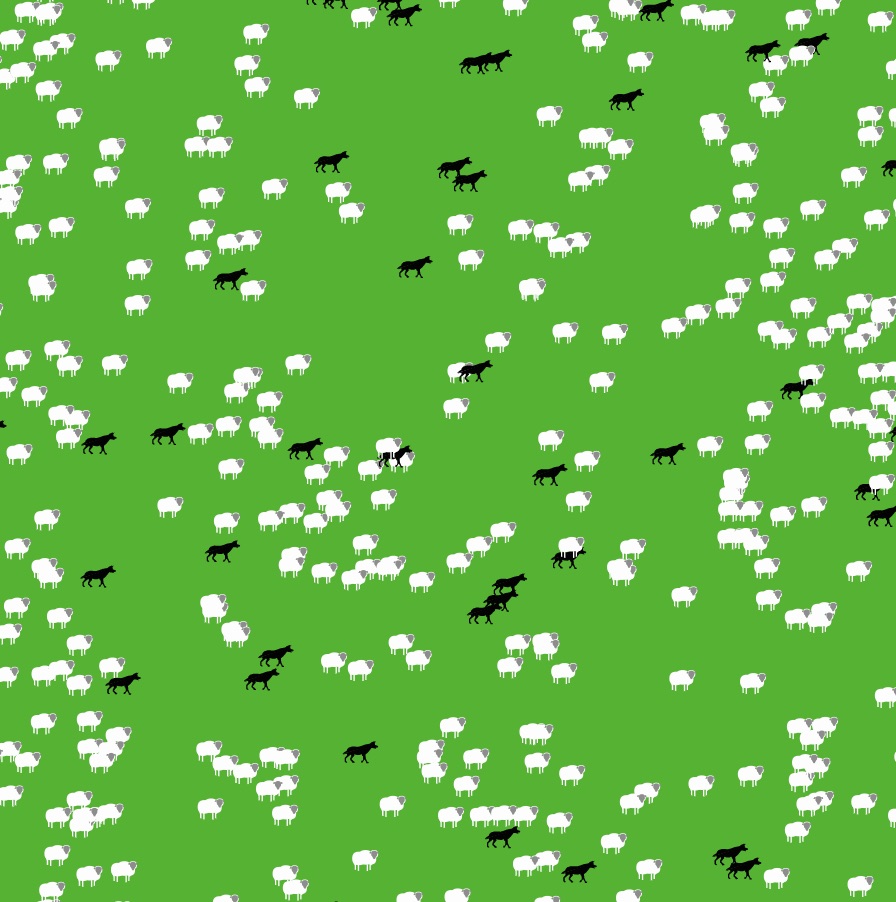Research Questions
Cognizant of the commitments and scope of characterizing the development of technology-supported innovation within an ITEST Strategies project, we will address two research questions within a design experiment methodological framework.
research question one:
How can the integrated GbCC environment be shown to be capable of supporting participatory and more fully socially mediated forms of classroom activity through use in an innovative, STEM-focused pre-service program?
research question two:
Can we develop ways of understanding how teacher capacity building presents a credible strategy for transforming student understanding and potential career trajectories by attending to what issues are raised, and how they are addressed, relative to the implementation of innovation both of the specific sort advanced in this project; but also, plausibly, in support of attempts to introduce similar, group-oriented, technological innovations in STEM education?
Methodology
As a set of closely related methodologies for developing fit-for-purpose innovation, design experiments have continued to be deployed and developed over the past two decades across a wide array of educational interventions and research contexts. Brown and Campione (1996) frame a way of understanding how the elements of the proposed GbCC project, with its focus on group-situated STEM teaching and learning in classrooms, are to work together: "it has become increasingly clear that we need a new type of learning theory to inform the design of learning environments, including those that are situated in settings of formal schooling" (p. 290).
"Learning theory" emphasizing participation and the importance of socially mediated development is to "inform" the development of the GbCC learning environment for classrooms "situated in settings of formal schooling" within a pre-service program with commitments supportive of the ITEST goals of broadening the participation and career-related self identity of students in STEM-related domains.

